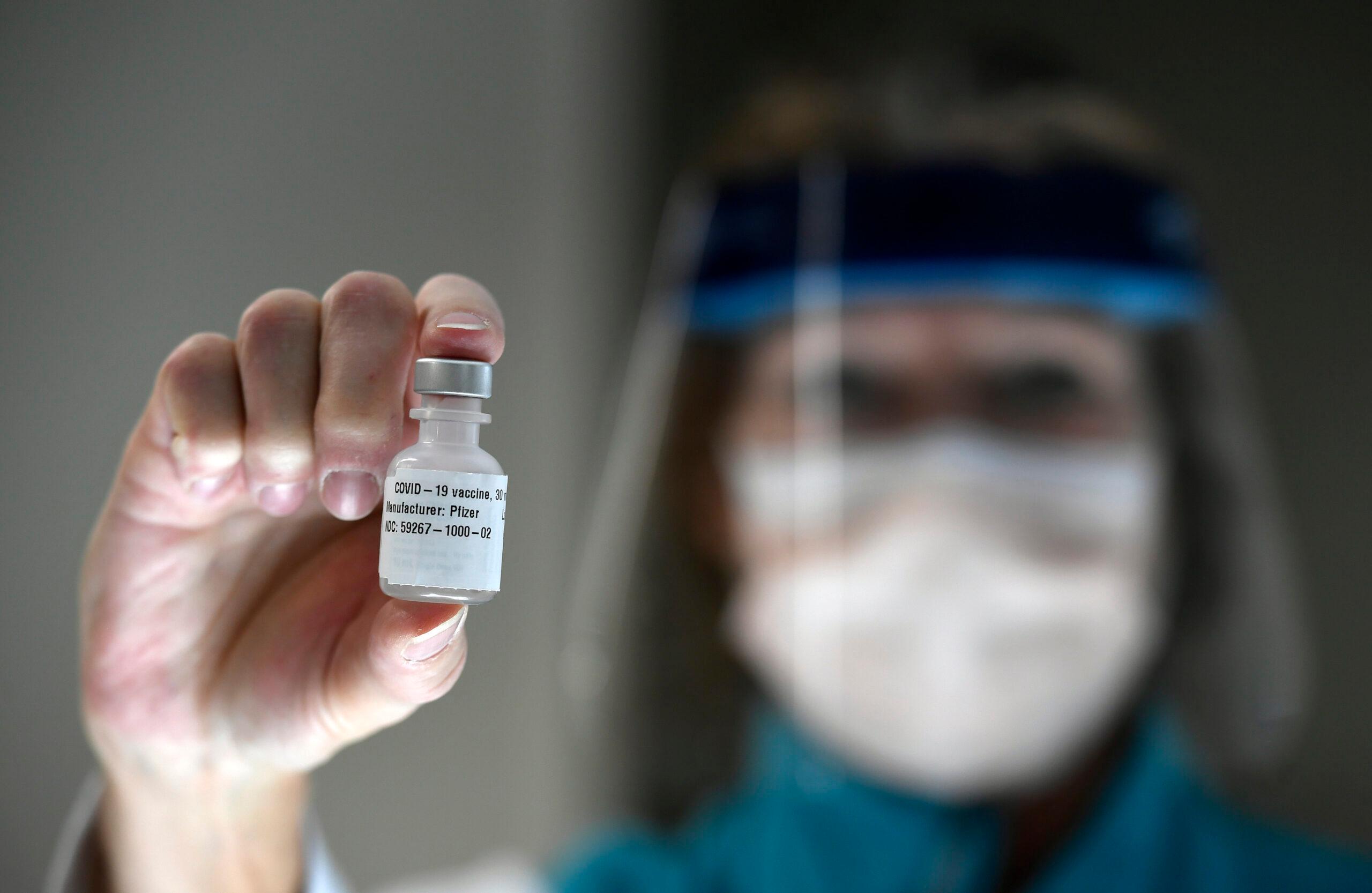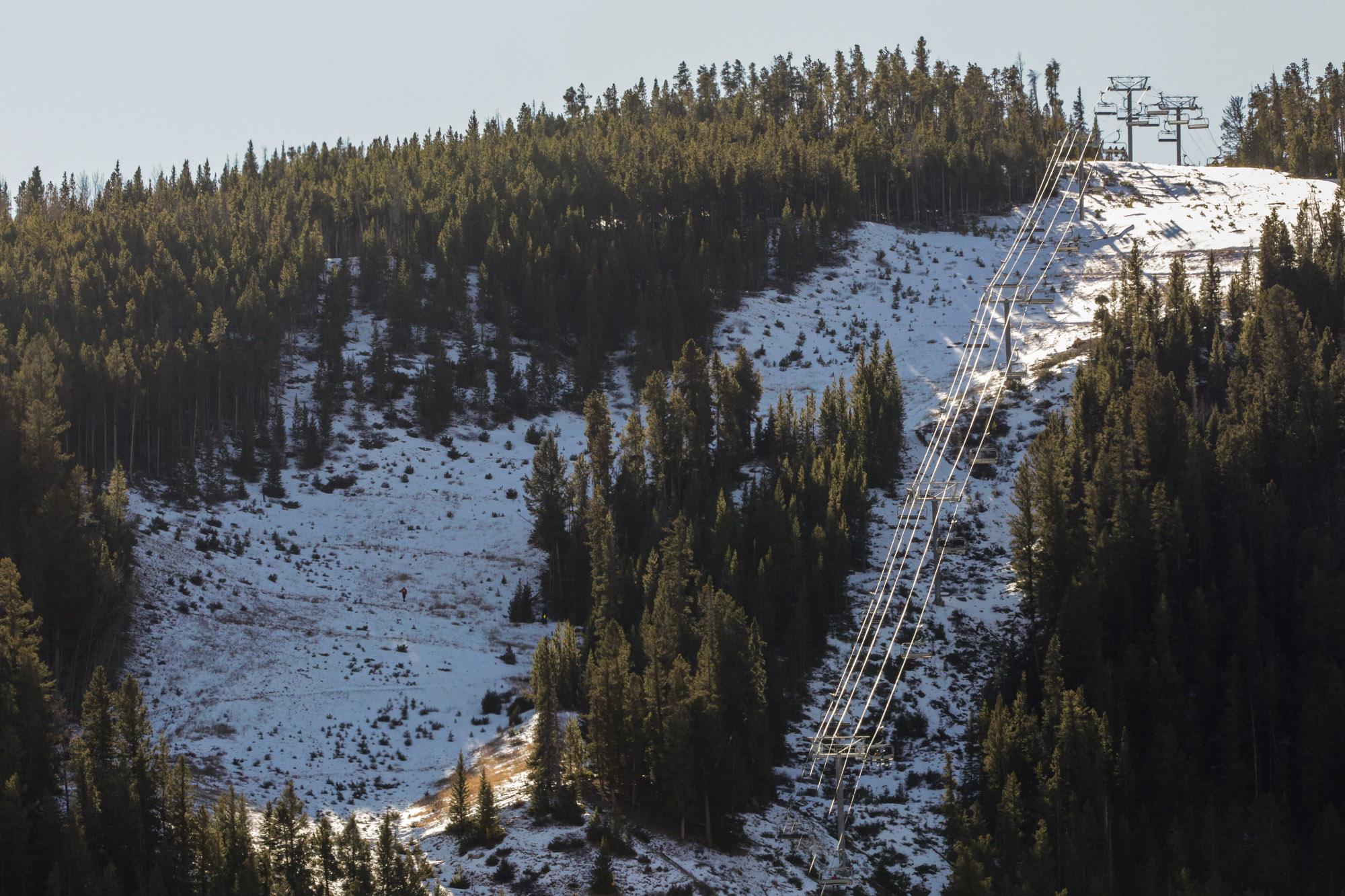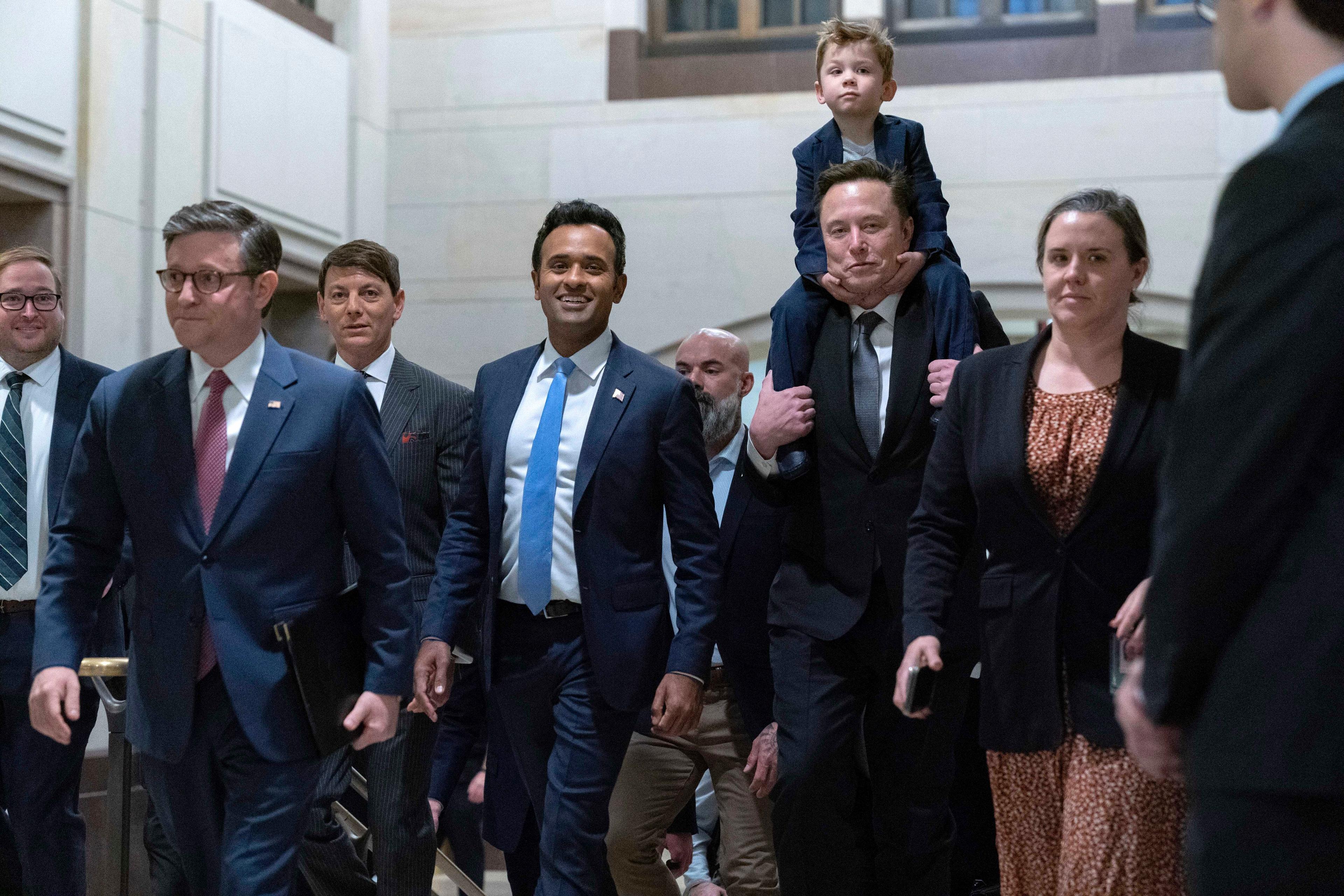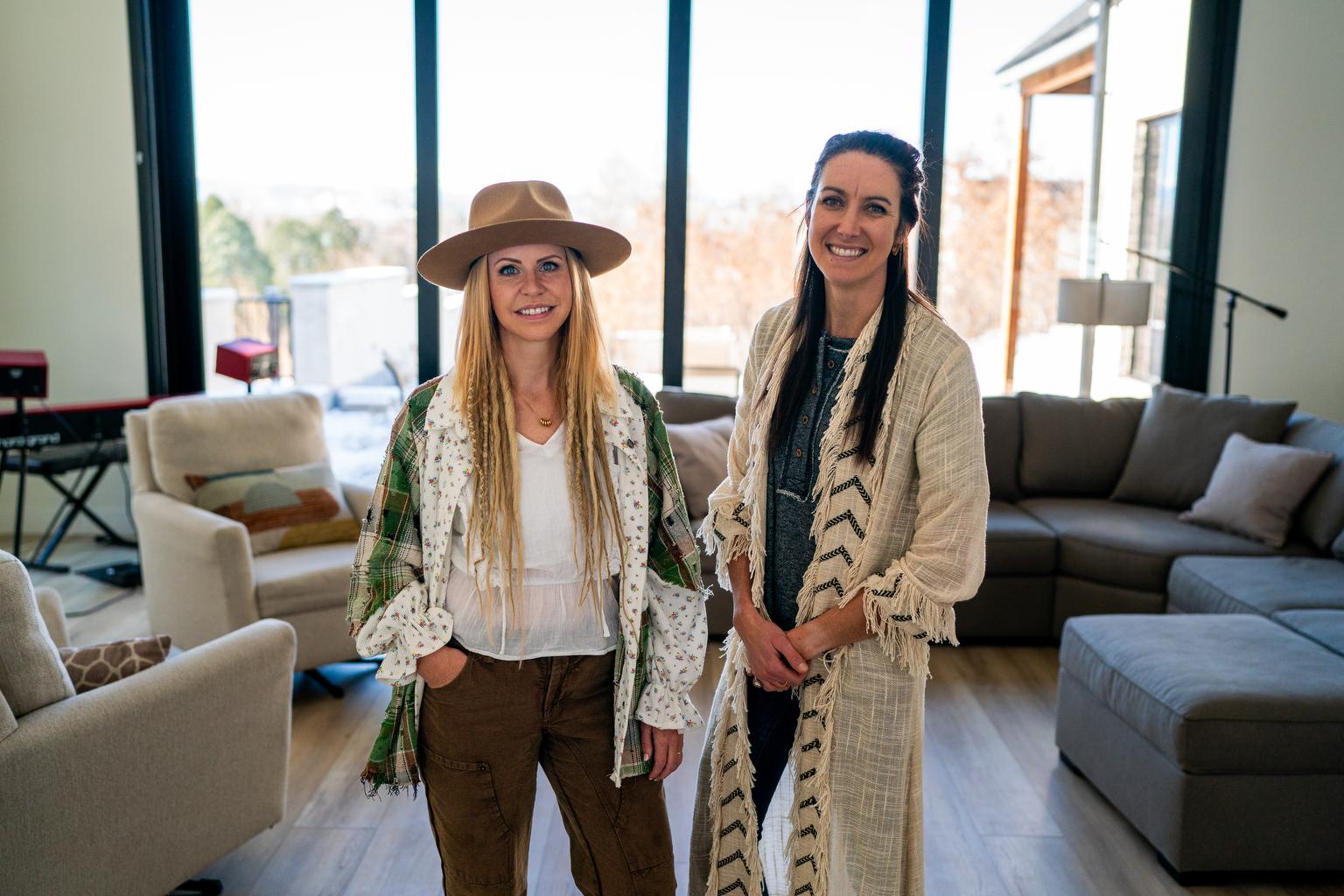
Dec. 14, 2020: The first doses of Pzifer's COVID-19 vaccine have arrived in Colorado. Our original story continues below.
Gov. Jared Polis and his administration detailed Colorado’s plans to distribute COVID-19 vaccines on Wednesday, a process that will begin within weeks and likely last until next summer.
“We know in the early weeks and months of vaccine distribution that supplies will be limited,” said incident commander Scott Bookman at a Wednesday press conference, adding it would take “many months” to vaccinate the general public.
The state has ordered 46,800 doses of the Pfizer vaccine and plans to add 95,600 doses of the Moderna vaccine, with deliveries expected to begin next week. Both vaccines require two doses per person and will be free of charge.
The state plans to deploy the vaccines in phases.
This winter, in Phase 1A, vaccines will go first to high-risk health care workers and the staff and residents of long-term care facilities. That’s a change from the draft plan, which did not include long-term care residents in the initial phase. Colorado’s plan now mirrors the recommendation of the Centers for Disease Control. Then, in Phase 1B, they’ll go to health care workers with lower exposure; first responders and workers in prisons; and workers in hospice and home health settings.
This spring, in Phase 2, vaccines will be available for higher-risk people and essential workers. That includes:
- People older than 65
- People with health conditions including heart disease, cancer, obesity and those who are immunocompromised
- People who interact with the public at work, including schools and grocery stores
- People in “high density” work settings, like farms and meat-packing plants
- Health workers not already vaccinated
- People who received a placebo during a vaccine trial
In summer, 2021, in Phase 3, the general public gets access.
Most people in Phase 1A will get the vaccine through their employer, local public health agency or the federal government’s Pharmacy Partnership for Long-term Care (LTC) Program. The state will provide more information about distribution points later.
No priority for jails, prisons or shelters.
The final plan included a significant revision. An earlier draft version had called for Phase 2 to prioritize vaccination of people in jails, prisons, homeless shelters, group homes and “congregate settings” like dorms.
The conservative politician George Brauchler argued that this would put “career criminals above grandparents,” but the American Medical Association has said such policies are needed to protect people in high-risk situations.
“Being incarcerated or detained should not be synonymous with being left totally vulnerable to COVID-19. These steps are vital to protect people and stop the spread of the virus,” said AMA Board Member Ilse R. Levin in a written statement.
The Polis administration ultimately erased the congregate housing policy, instead lumping those people into the general population. Polis argued Wednesday that age was a better indicator of risk than incarceration
“Nobody is penalized because they’re incarcerated, and of course, nobody is given any advantage because they’re incarcerated,” Polis said.
Rebecca Wallace, senior policy counsel for the American Civil Liberties Union of Colorado, said afterward that the policy would mean “not only much more illness, but months more time in solitary lockdown,” as facilities try to contain outbreaks.
Vaccines will be distributed across the state.
The first wave of Pfizer vaccines will go to a network of eight Colorado distribution centers, where they’ll be kept at ultra-low temperatures before going to medical providers in each county.
The National Guard will help protect and deliver the vaccine.
State officials will require providers to report back information about the vaccines they distribute, but people’s personal information won’t be made public.
“We want to ensure that not one dose of this vaccine gets wasted,” Bookman said. Polis described the early vaccine distribution as “the gateway to the end of the pandemic.”
The state is maintaining a vaccine website with questions and answers.









